The construction of electric vehicle infrastructure in Germany is being funded with 6.3 billion euros.
Germany’s government has given the green light to a plan that will allocate 6.3 billion euros over three years to rapidly expand the number of electric vehicle (EV) charging stations across the country. The plan aims to increase the current number of charging stations by almost 14 times to reach 1 million by 2030, along with a corresponding increase in the number of electric vehicles on the road from 1.5 million to 15 million. Federal Transport Minister Volker Wissing has stated that the objective is to hasten the construction of charging infrastructure and simplify the charging process, thereby facilitating the transition from fuel vehicles to EVs.
“We know that electric vehicles are evolving rapidly, so we have to be fast.”
Charging is as convenient as refueling
According to data released by the German Federal Office for Motor Vehicles, at the end of the third quarter, the share of electric vehicles in Germany increased by 24.8% year-on-year, reaching 14.6% of the German passenger car market share.
The rapid development of the electric vehicle market also requires a rapid response of infrastructure.
“Germany is not just a car production site, but a world-leading automotive production site, which is why the success of the preparation is of the utmost importance to us. We need to proactively expand our charging infrastructure to meet user demand. Wissing emphasized.
At present, Germany’s 70,000 charging stations are obviously not enough, and the regional differences between urban and rural areas are also very large.
To encourage the construction of charging stations, the federal government plans to deploy charging stations along highways. Private EV owners will receive subsidies to install solar panels in their homes to charge their cars.
In addition, Wissing said that Germany will also build a digital network to provide drivers with charging maps, indicating the location of charging stations and the charging demand of different charging stations, making charging services more user-friendly.
The German power grid faces new challenges due to the increasing number of electric vehicles and charging stations. Wissing predicts a significant surge in the registration of electric vehicles in the next few years, highlighting the need for adequate preparation. While the EU leads in the development of electric vehicles, it still lacks sufficient charging infrastructure and speedy charging. Wissing emphasizes that electric vehicles’ acceptance by the public depends on the ease of charging, similar to refueling now.
Share this:
Solar Insights & Updates
The construction of electric vehicle infrastructure in Germany is being funded with 6.3 billion euros.
Germany’s government has given the green light to a plan that will allocate 6.3 billion euros over three years to rapidly expand the number of electric vehicle (EV) charging stations across the country. The plan aims to increase the current number of charging stations by almost 14 times to reach 1 million by 2030, along with a corresponding increase in the number of electric vehicles on the road from 1.5 million to 15 million. Federal Transport Minister Volker Wissing has stated that the objective is to hasten the construction of charging infrastructure and simplify the charging process, thereby facilitating the transition from fuel vehicles to EVs.
“We know that electric vehicles are evolving rapidly, so we have to be fast.”
Charging is as convenient as refueling
According to data released by the German Federal Office for Motor Vehicles, at the end of the third quarter, the share of electric vehicles in Germany increased by 24.8% year-on-year, reaching 14.6% of the German passenger car market share.
The rapid development of the electric vehicle market also requires a rapid response of infrastructure.
“Germany is not just a car production site, but a world-leading automotive production site, which is why the success of the preparation is of the utmost importance to us. We need to proactively expand our charging infrastructure to meet user demand. Wissing emphasized.
At present, Germany’s 70,000 charging stations are obviously not enough, and the regional differences between urban and rural areas are also very large.
To encourage the construction of charging stations, the federal government plans to deploy charging stations along highways. Private EV owners will receive subsidies to install solar panels in their homes to charge their cars.
In addition, Wissing said that Germany will also build a digital network to provide drivers with charging maps, indicating the location of charging stations and the charging demand of different charging stations, making charging services more user-friendly.
The German power grid faces new challenges due to the increasing number of electric vehicles and charging stations. Wissing predicts a significant surge in the registration of electric vehicles in the next few years, highlighting the need for adequate preparation. While the EU leads in the development of electric vehicles, it still lacks sufficient charging infrastructure and speedy charging. Wissing emphasizes that electric vehicles’ acceptance by the public depends on the ease of charging, similar to refueling now.

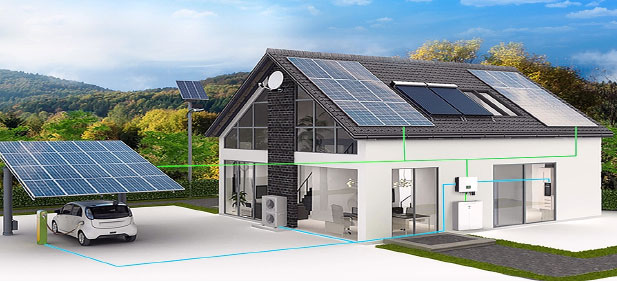
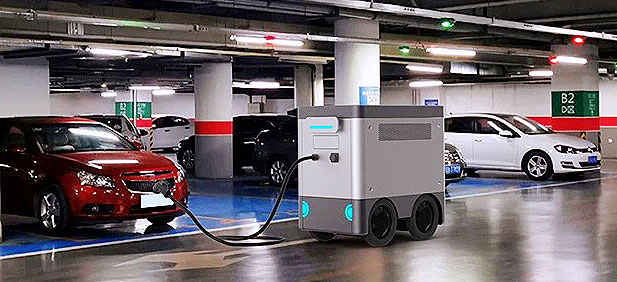










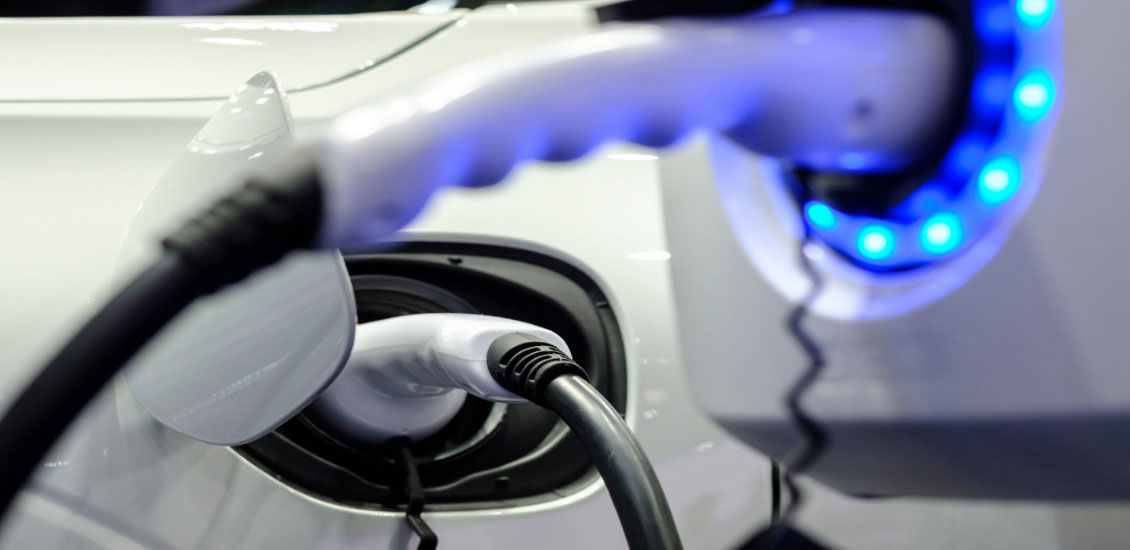

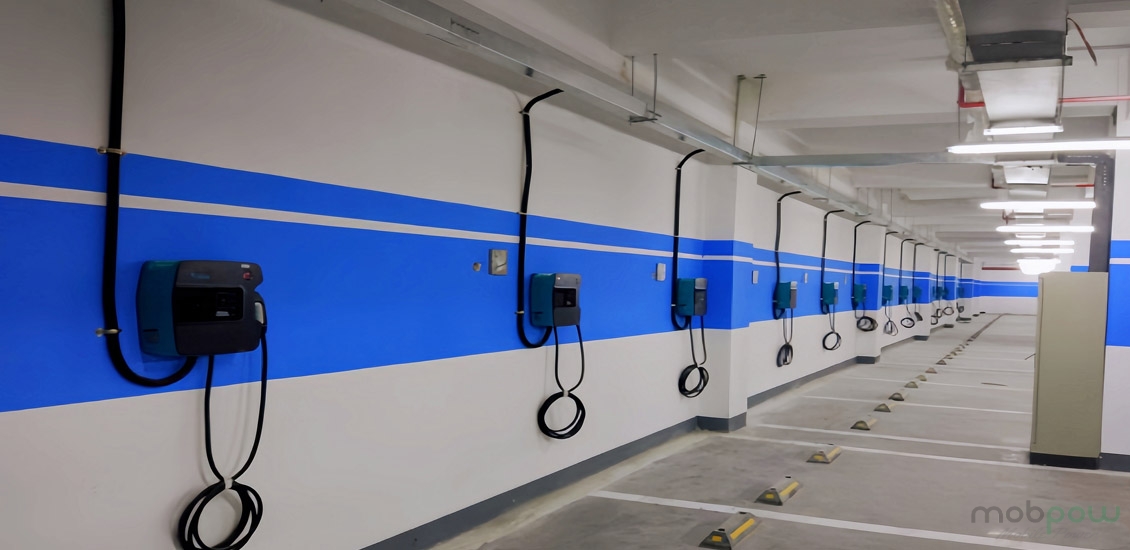
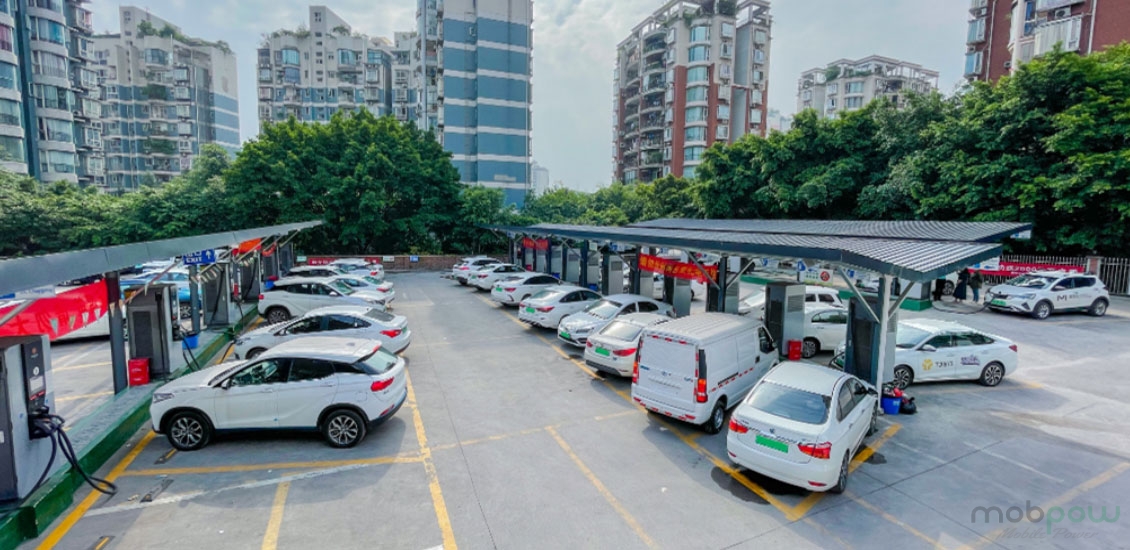

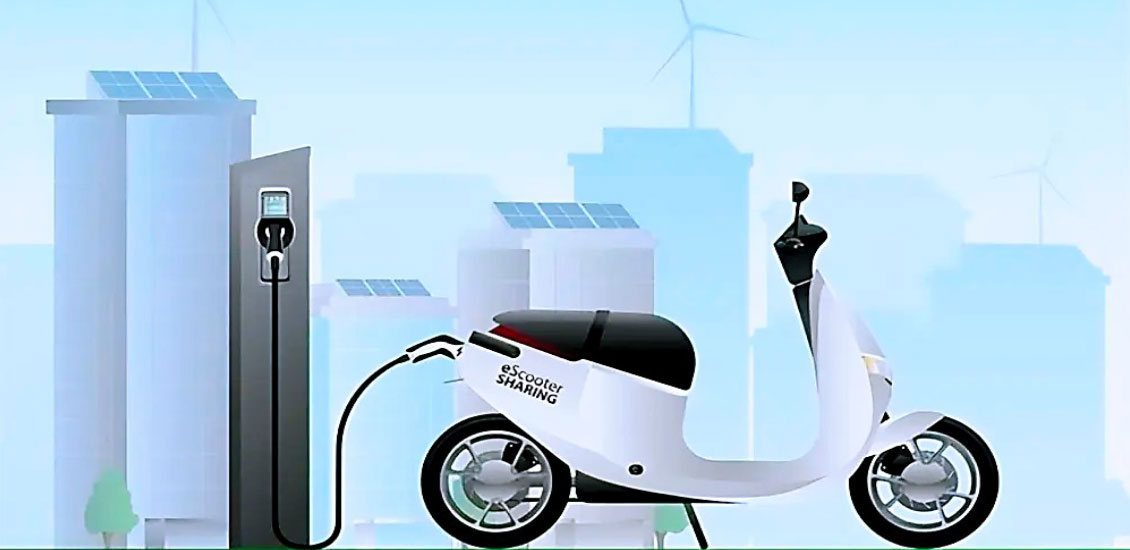
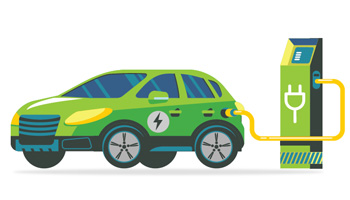
Smith Sunny says:
Smith Sunny says:
Smith Sunny says: